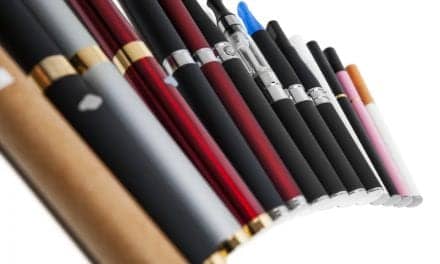New research from the University of Southampton (UK) has found that copper can effectively help to prevent the spread of respiratory viruses, which are linked to severe acute respiratory syndrome (SARS) and Middle East respiratory syndrome (MERS), according to a study in mBio.
Researchers found that a closely-related human coronavirus (229E) can remain infectious on common surface materials for several days, but is rapidly destroyed on copper.
Human coronavirus 229E, which produces a range of respiratory symptoms from the common cold to more lethal outcomes such as pneumonia, can survive on surface materials including ceramic tiles, glass, rubber and stainless steel for at least five days, the study noted.
“Transmission of infectious diseases via contaminated surfaces is far more important than was originally thought, and this includes viruses that cause respiratory infections. This is especially important when the infectious dose is low and just a few virus particles can initiate an infection,” said lead researcher Dr Sarah Warnes.
However, on copper and a range of copper alloys, which the researchers called “antimicrobial copper,” the coronavirus was rapidly inactivated (within a few minutes, for simulated fingertip contamination).
Researchers concluded that antimicrobial copper surfaces could be employed in communal areas and at any mass gatherings to help reduce the spread of respiratory viruses and protect public health.
“With the lack of antiviral treatments [for SARS and MERS], copper offers a measure that can help reduce the risk of these infections spreading.”










